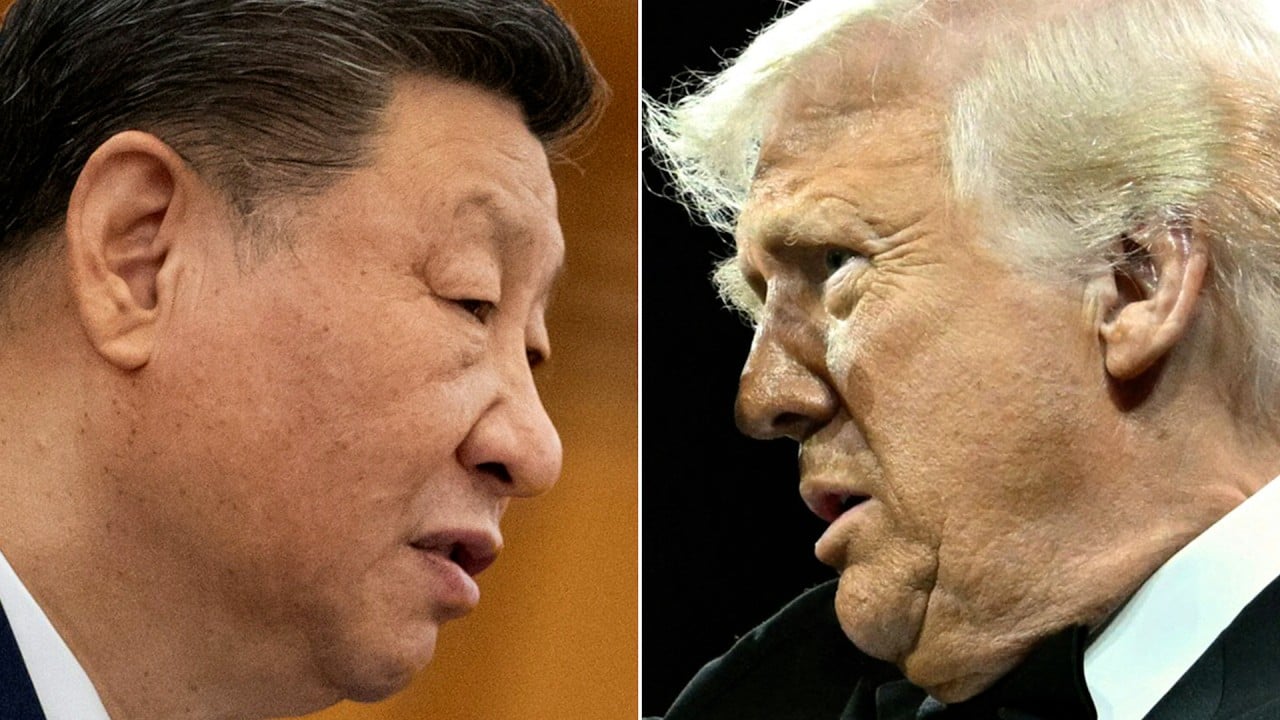US President Donald Trump has signed another executive order targeting China’s dominant shipyards, in a move that adds fresh uncertainty to a global shipping sector that is already reeling from the disruptions caused by Washington’s tariff war.
The latest order – titled “Restoring America’s Maritime Dominance” – brought some good news for shipping companies, as it appeared to soften a previous proposal to charge steep fees every time a Chinese-linked ship enters a US port.
Washington had originally stated those fees would be as high as US$1.5 million per port call, but the figure was not mentioned in Trump’s order on Wednesday – a change that came just days after a stormy public hearing in which US officials faced a chorus of objections from shipping executives.
But the Trump administration remains focused on countering China, with the document ordering the Office of the US Trade Representative to consider proposing tariffs on ship-to-shore cranes and other cargo-handling equipment with links to China.
The tariff proposals for cranes are wide-ranging, covering any system manufactured, assembled or containing components manufactured in China, as well as those manufactured anywhere in the world by a company owned, controlled or substantially influenced by a Chinese citizen.

05:39
Trump pauses US tariffs on most nations for 90 days but raises levies on China to 125%
Trump pauses US tariffs on most nations for 90 days but raises levies on China to 125%
If implemented, the tariffs would affect most US ports. Shanghai-based crane maker ZPMC reportedly had a 70 per cent global market share in the STS crane industry and supplied about 80 per cent of all STS cranes ordered by American ports in 2024.

Comments are closed.